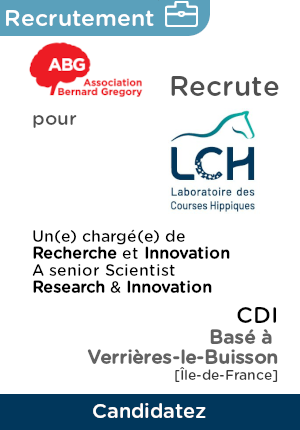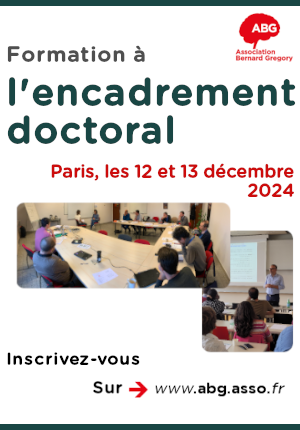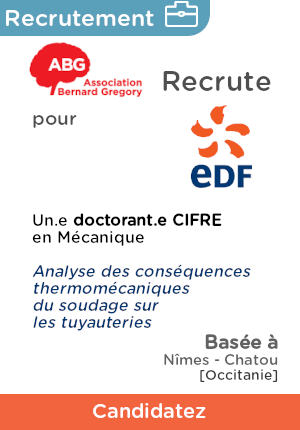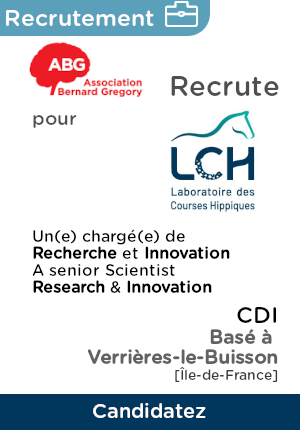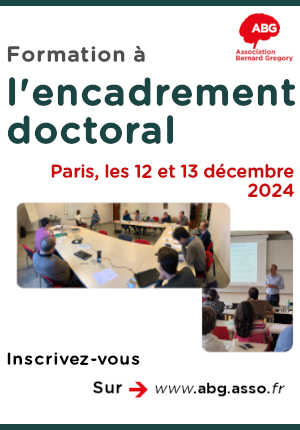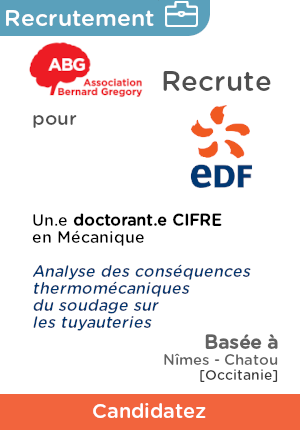Honey bees as sentinel species an eco-exposome research
| ABG-124806 | Thesis topic | |
| 2024-06-27 | Public funding alone (i.e. government, region, European, international organization research grant) |
- Chemistry
- Agronomy, agri food
- Data science (storage, security, measurement, analysis)
Topic description
The honey bee colony acts as a significant interface with the environment, primarily through its foraging behavior and interaction with diverse sources of food. During foraging, honey bees inadvertently collect contaminants, ranging from solid particles in varying sizes to liquid substances, which are subsequently brought back to the hive. This accumulation of foraged materials, including associated contaminants, within the hive, makes the honey bee colony a potent biomonitoring tool. Consequently, the colony serves as a reliable indicator of environmental pollution levels within its foraging area. Honey bees and their products provide valuable insights into pollution across urban, suburban, and rural environments, particularly concerning pesticides and other pollutants.
However, honey bee populations are increasingly facing numerous stressors that impact their vitality and productivity. These stress factors encompass physical, biological, and chemical elements, including human interventions, environmental factors, pathogens, and chemical pollutants. In such aspect, the understanding of the influence of these stressors on honey bee behavior and colony health is of pivotal importance. As such, this thesis project would be part of the broader field of eco-exposome, ecotoxicology and health safety. Indeed, human beings of all ages consume beehive products.
Within the broader objective of assessing the impacts of external stress on bee colonies, this proposed PhD project focuses specifically on investigating pesticide residues and potential organic contaminants (> 1000 contaminants by a targeted approach and more by suspected/non-targeted approach) in honey bees and their products like pollen, beeswax, beebread, and honey. The objectives of this research are: (1) to learn how to use bee colonies as indicators/proxies of environmental pollution, (2) to try to better understand the fate of contaminants between the external environment, bees and hive products through the development and application of innovative and modern sampling techniques combined with targeted, suspected (SS) and non-targeted (NTS) screening methods employing low and high resolution mass spectrometry. This research aligns with the objectives of PARC 4.3, aiming to establish honey bees as an effective biomonitoring tool and sentinel species for environmental pollution. The research's ultimate goal is to understand the correlation between environmental stressors, honey bee behavior, and acts in support to the development of an early warning system for environmental hazards.
The candidate will be involved in the work of the European (Horizon Europe) PARC project (https://www.eu-parc.eu) and will have access to the entire European exposome community.
The thesis will be carried out between Slovenia (JSI) and France (ANSES, Maisons-Alfort and Sophia Antipolis). The diploma will be awarded by Slovenia and will be co-directed by Dr. Tina Kosjek (JSI) and Dr. Julien Parinet (ANSES).
Starting date
Funding category
Funding further details
Presentation of host institution and host laboratory
The food safety laboratory is based in Maisons-Alfort, with a site in Boulogne-sur-Mer. It works on biological and chemical hazards that can affect food safety and quality. The Maisons-Alfort site employs 120 people specialized in food safety, while the Boulogne-sur-Mer site employs over 20 people dedicated to the quality and hygiene of fishery and aquaculture products.
Website :
PhD title
Country where you obtained your PhD
Institution awarding doctoral degree
Candidate's profile
We are looking for a candidate with a background in analytical chemistry (organic compounds) Master 2 and/or engineering school, preferably with initial experience in LC-MS and/or GC-MS (internship), LC-HRMS would be an important plus. Interest and experience in data processing (R, Python) and statistics would be appreciated.
A strong interest and motivation to work on exposome and health safety issues is essential.
Good level of French and English expected.
Vous avez déjà un compte ?
Nouvel utilisateur ?
Get ABG’s monthly newsletters including news, job offers, grants & fellowships and a selection of relevant events…
Discover our members
 Aérocentre, Pôle d'excellence régional
Aérocentre, Pôle d'excellence régional  Nokia Bell Labs France
Nokia Bell Labs France  CESI
CESI  MabDesign
MabDesign  Généthon
Généthon  PhDOOC
PhDOOC  TotalEnergies
TotalEnergies  Groupe AFNOR - Association française de normalisation
Groupe AFNOR - Association française de normalisation  Laboratoire National de Métrologie et d'Essais - LNE
Laboratoire National de Métrologie et d'Essais - LNE  ANRT
ANRT  ONERA - The French Aerospace Lab
ONERA - The French Aerospace Lab  CASDEN
CASDEN  Tecknowmetrix
Tecknowmetrix  MabDesign
MabDesign  Institut Sup'biotech de Paris
Institut Sup'biotech de Paris  Institut de Radioprotection et de Sureté Nucléaire - IRSN - Siège
Institut de Radioprotection et de Sureté Nucléaire - IRSN - Siège  Ifremer
Ifremer  ADEME
ADEME  SUEZ
SUEZ
-
JobPermanentRef. ABG124941Corteria Pharmaceuticals- Ile-de-France - France

Jeune Docteur, Chercheur en Biologie Cellulaire & Moléculaire (H/F)
BiologyAny -
JobPermanentRef. ABG123642Laboratoire des Courses Hippiques (GIE LCH)- Ile-de-France - France
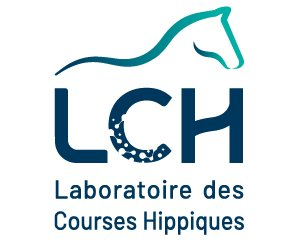
Chargé(e) de Recherche et Innovation (H/F) / Senior Scientist Research & Innovation (M/F)
Chemistry - BiochemistryConfirmed -
JobFixed-termRef. ABG125071KTH- Sweden
ERC-funded postdoc position on the detection of gas-phase organic radicals, KTH, Stockholm, Sweden
Chemistry - Physics - Engineering sciencesAny

